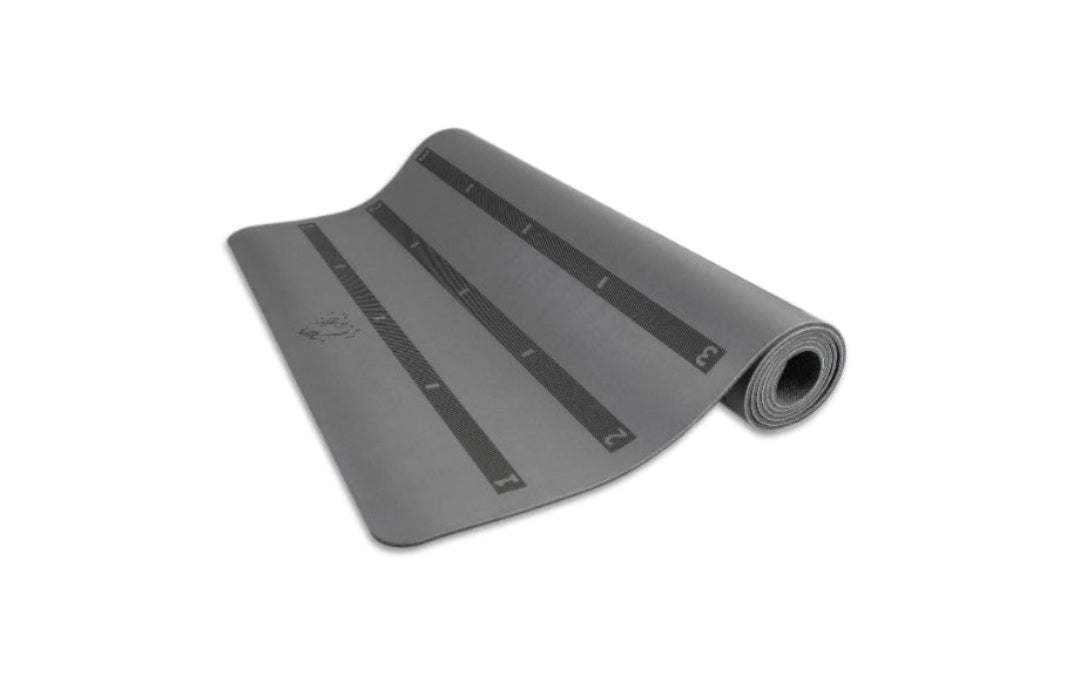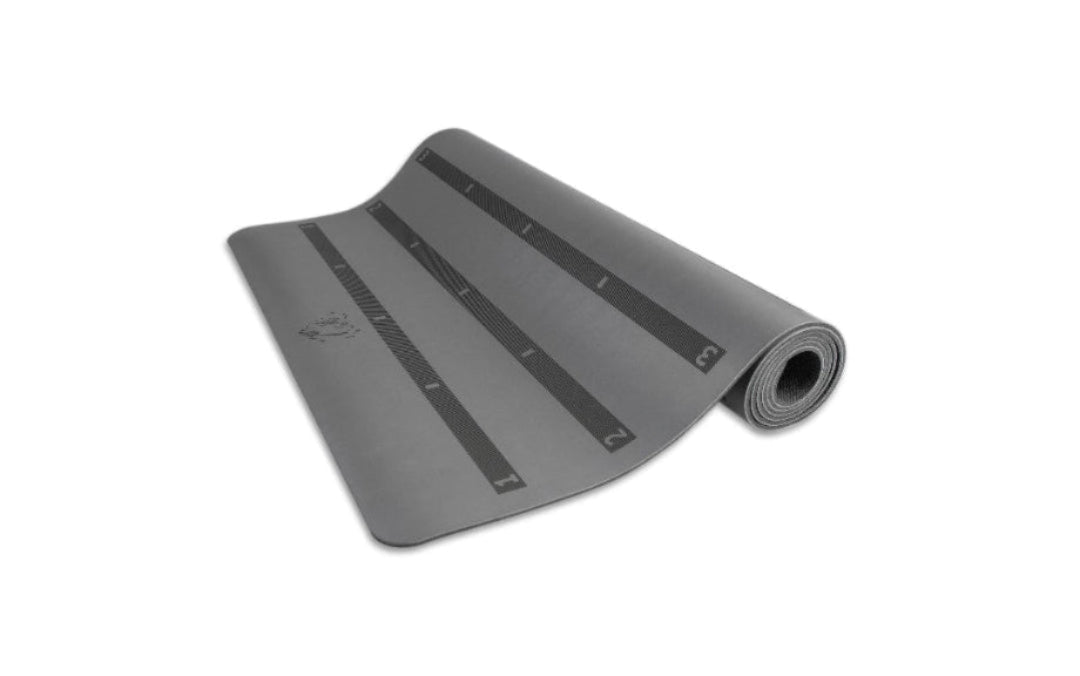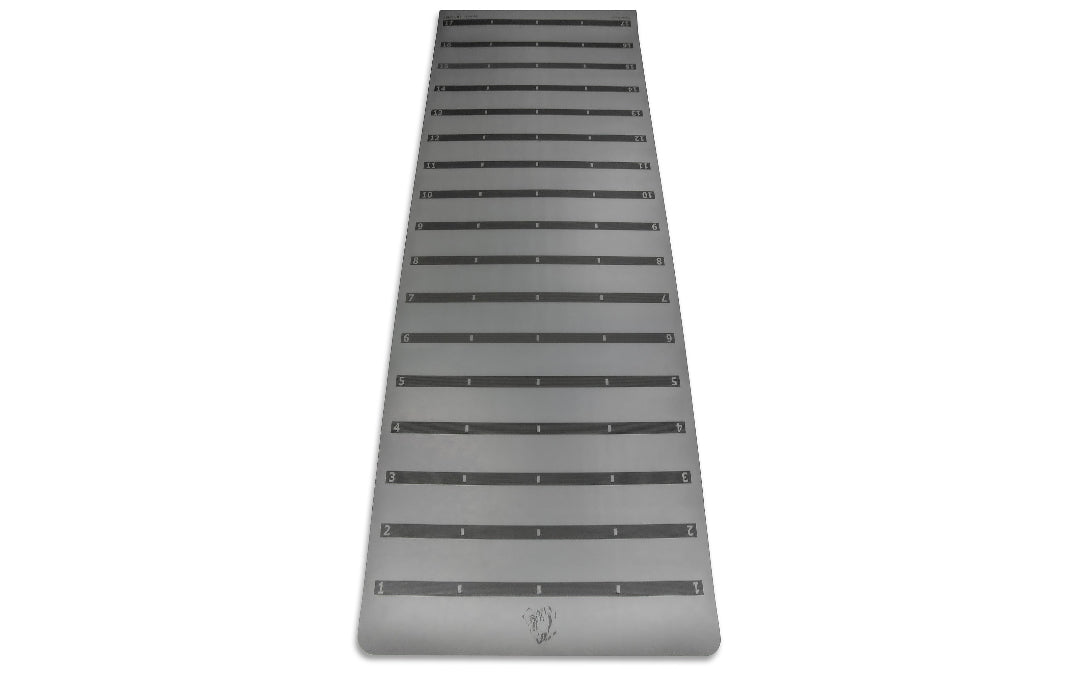When it comes to fitness and athletic performance, most people focus on training intensity, macronutrients, and recovery protocols. However, one major player often goes unnoticed: your gut health.
Your gut, or gastrointestinal (GI) system, does much more than digest food. It regulates inflammation, influences immune function, supports nutrient absorption, and even impacts your mood and mental clarity.
Why Gut Health Matters for Athletes

A healthy gut ensures that your body can efficiently absorb nutrients like amino acids, electrolytes, and vitamins that fuel your workouts. If your gut lining is inflamed or damaged, your ability to absorb these nutrients diminishes, leading to fatigue, poor recovery, and slower muscle repair.
Leaky gut syndrome, a condition where the intestinal lining becomes more permeable, can allow toxins and partially digested food particles to enter the bloodstream, triggering systemic inflammation. For athletes, this can mean sluggish performance, increased injury risk, and longer recovery periods.
The Gut-Brain-Performance Connection
Your gut communicates constantly with your brain via the gut-brain axis. This affects mental clarity, motivation, and stress response, all essential to performance, especially during endurance training or competition. An imbalanced gut microbiome may contribute to symptoms like brain fog, anxiety, and poor focus during workouts.
Signs Your Gut Health May Be Hurting Your Performance

- Frequent bloating or gas
- Chronic fatigue despite rest
- Poor recovery from training
- Inconsistent bowel movement
- Mood swings or foggy focus
How to Improve Gut Health for Better Performance

- Add fermented foods like yogurt, kimchi, and kefir to introduce beneficial probiotics.
- Eat prebiotic-rich foods such as garlic, onions, bananas, and oats to feed good bacteria.
- Stay hydrated to aid digestion and nutrient transport.
- Reduce processed sugar and alcohol, which feed harmful gut bacteria.
- Prioritize sleep and stress management, both of which significantly impact your gut microbiome.
Supplements That May Help
- Probiotics: Help rebalance your gut flora
- Digestive enzymes: Aid in breaking down complex foods
- L-glutamine: Supports the integrity of the intestinal lining
Before taking any supplement, consult with a healthcare provider or nutrition expert.
Final Thoughts
Your gut is more than just your digestive system—it’s the foundation of total-body wellness and athletic success. By supporting your gut microbiome through clean nutrition, hydration, and recovery practices, you’re investing in a stronger, more resilient, and higher-performing version of yourself. Tyger Fit Lab encourages every fitness enthusiast to train smarter, from the inside out.
Join our newsletter down below to read more informational blogs!




